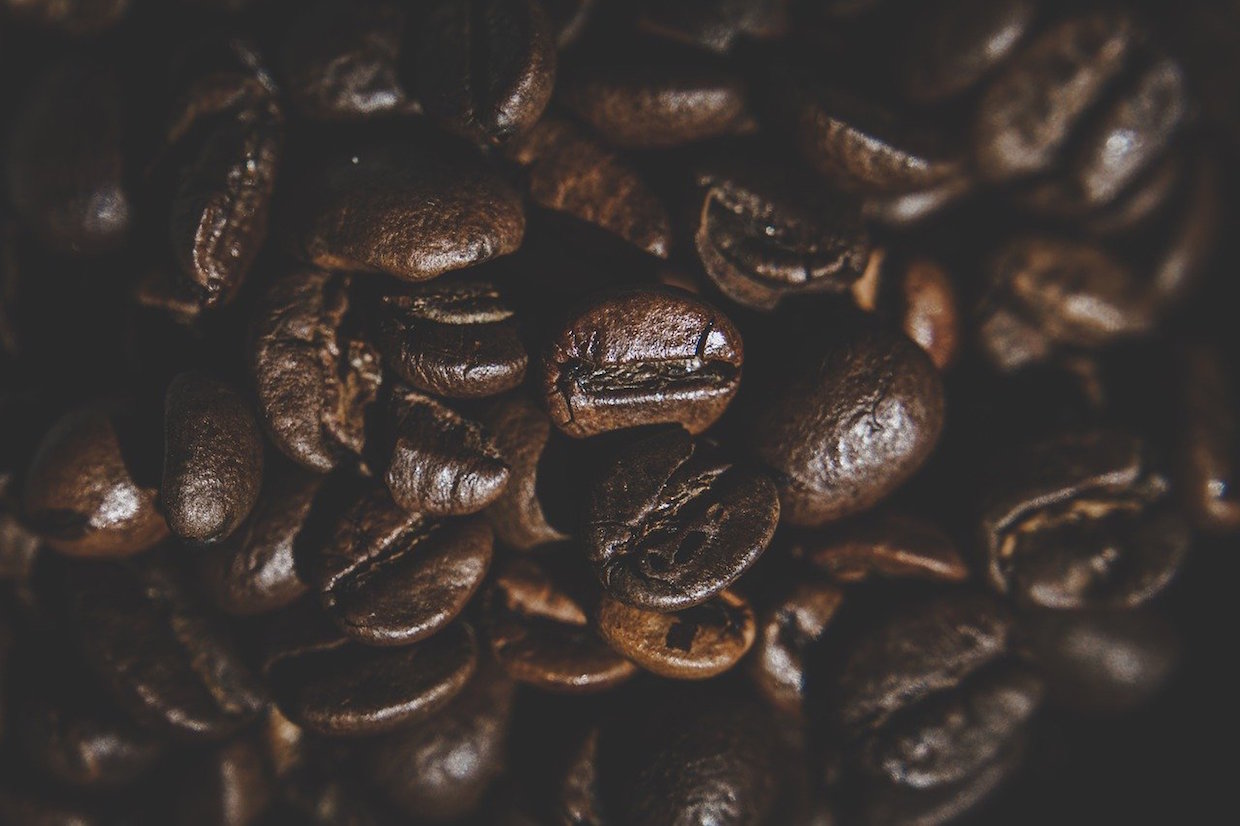The Specialty Coffee Association is hosting a webinar this Friday, March 20, on food safety and COVID-19.
“The aim of this webinar is to provide an overview of the current (and ever-evolving) situation, including what we know and what we don’t know, how that relates to food safety and the direct effects on various roles within the supply chain,” the group stated in an announcement of the webinar.
The webinar will feature Firedancer Coffee Consultants Founder and Food Safety Modernization Act (FSMA) expert Mike Ebert, along with the heads of each of the SCA’s main guilds, the Barista Guild, the Coffee Roasters Guild and the Coffee Technicians Guild.
Ebert described food safety during the coronavirus pandemic to Daily Coffee News as a rapidly evolving subject, although it should be noted that to this point, neither the United States Food and Drug Administration (FDA) nor the European Food Safety Authority (EFSA) have identified any evidence that COVID-19 can be transmitted through food or drink. To calm consumer fears, the EFSA on March 9 published a press release promoting this point, and the FDA has set up a Q&A that addresses numerous COVID-19-related concerns here.
The U.S. Centers for Disease Control (CDC), meanwhile, has gone farther in addressing the potential for the spread of the virus in food packaging and food containers, writing in its own COVID-19 Q&A:
Coronaviruses are generally thought to be spread from person-to-person through respiratory droplets. Currently there is no evidence to support transmission of COVID-19 associated with food. Before preparing or eating food it is important to always wash your hands with soap and water for 20 seconds for general food safety. Throughout the day wash your hands after blowing your nose, coughing or sneezing, or going to the bathroom.
It may be possible that a person can get COVID-19 by touching a surface or object that has the virus on it and then touching their own mouth, nose, or possibly their eyes, but this is not thought to be the main way the virus spreads.
In general, because of poor survivability of these coronaviruses on surfaces, there is likely very low risk of spread from food products or packaging that are shipped over a period of days or weeks at ambient, refrigerated, or frozen temperatures.
Ebert noted FSMA requirements as the starting point for any coffee businesses in approaching COVID-19. For more, see “A Coffee Roaster’s Guide to the Food Safety Modernization Act” and “FSMA Status Update: Compliance Requirements.”
“Everything required for FSMA is how we will fight this at the roaster and cafe level,” Ebert told DCN. “But, there are things as an industry we need to come to terms with and create policies and protocols for. Take, for instance, the cupping protocol: Yes, we have the modified version, but this is not practical, so I see us having to develop something different.”
The SCA is maintaining its own online guide to COVID-19-related information and updates here. Said the group, “This is an unprecedented situation for all of us, but we are heartened by the way communities are coming together to support each other and to make their voices heard.”
“Ask the Expert Webinar: Food Safety and Covid-19” is scheduled for this Friday from 10-11 a.m. CDT. Register here.
Nick Brown
Nick Brown is the editor of Daily Coffee News by Roast Magazine.







Comment